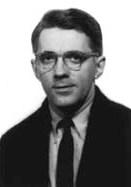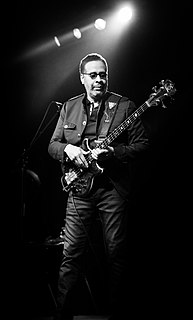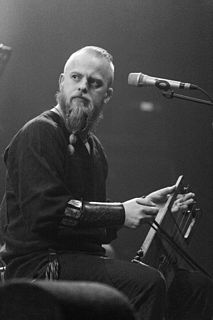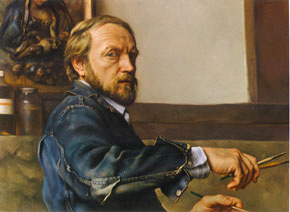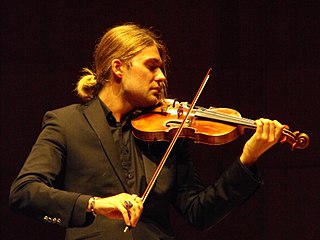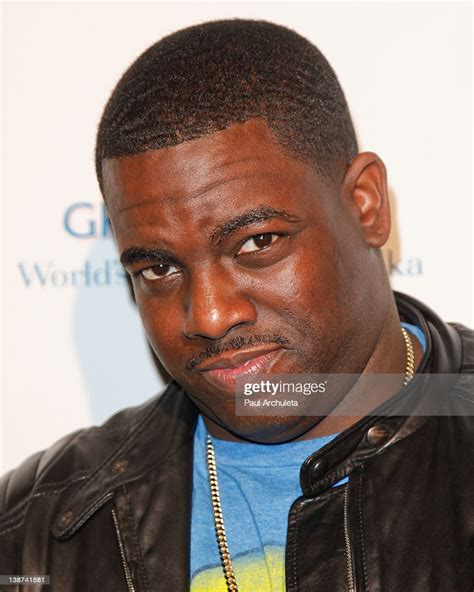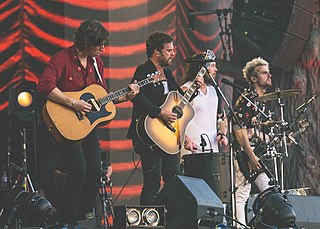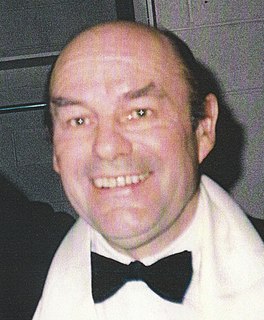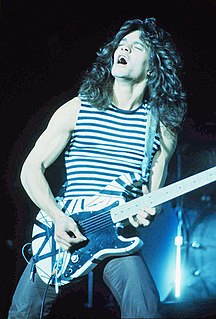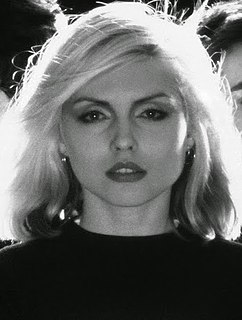A Quote by Tod Machover
The basic idea of a hyper instrument is where the technology is built right into the instrument so that the instrument knows how its being played - literally what the expression is, what the meaning is, what the direction of the music is.
Related Quotes
I actually think that bass is probably the instrument that has evolved in a quantum leap compared to other instruments. It's the instrument that's evolved the most, especially with how it's perceived. And even how it's played, and how it's viewed from a point of view of commerce, like with the music industry.
Learning to play old instruments was a challenge. How do you learn an instrument no one has played in hundreds of years? The ones that are used today, I was adamant not to hear anyone else play that instrument. I want to approach them as a child and on the basis of each instrument. I wanted my voice to come through, not someone else's.
I think of music a lot when I paint. The theme of it to a degree is music. So instead of literally putting in music or literally putting in a musical instrument, I use only a hint of the instrument, but the brocaded pattern is like a line of Bach because of its order and the leaves going up are like passages from Vivaldi, and the emphasis on drapery is where the sound comes.
I played the vina until my heart turned into the same instrument. Then I offered this instrument to the Divine Musician, the only muscian existing. Since then I have become His flute, and when He chooses He plays His music. The people give me credit for this music which, in reality, is not due to me, but to the Musician who plays his own instrument.

